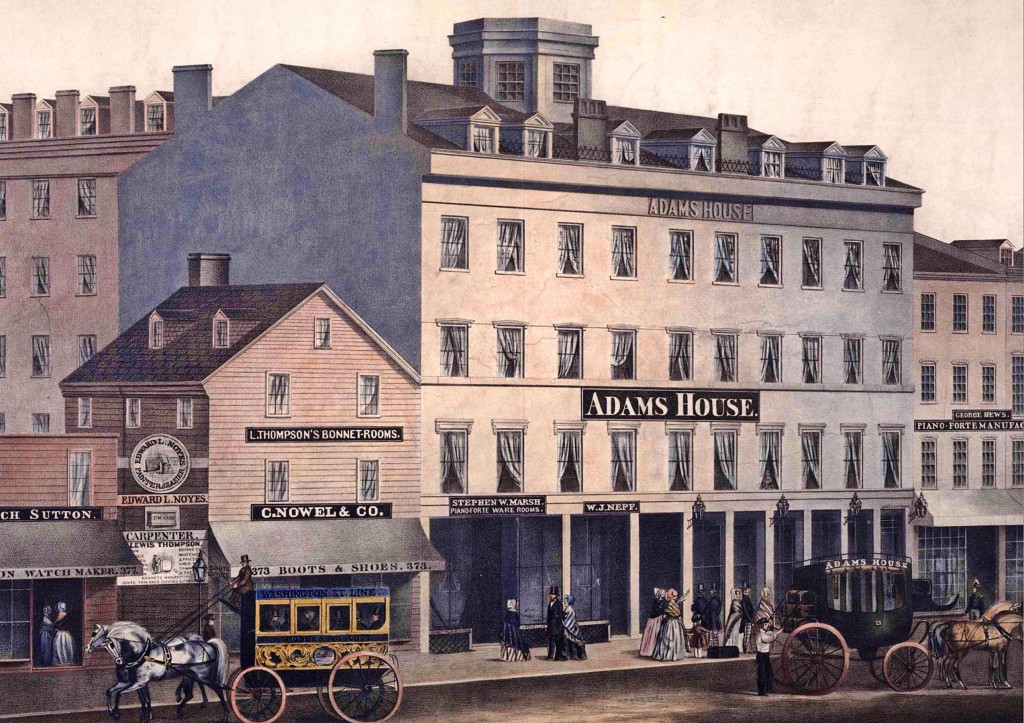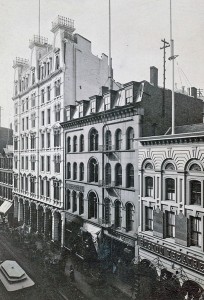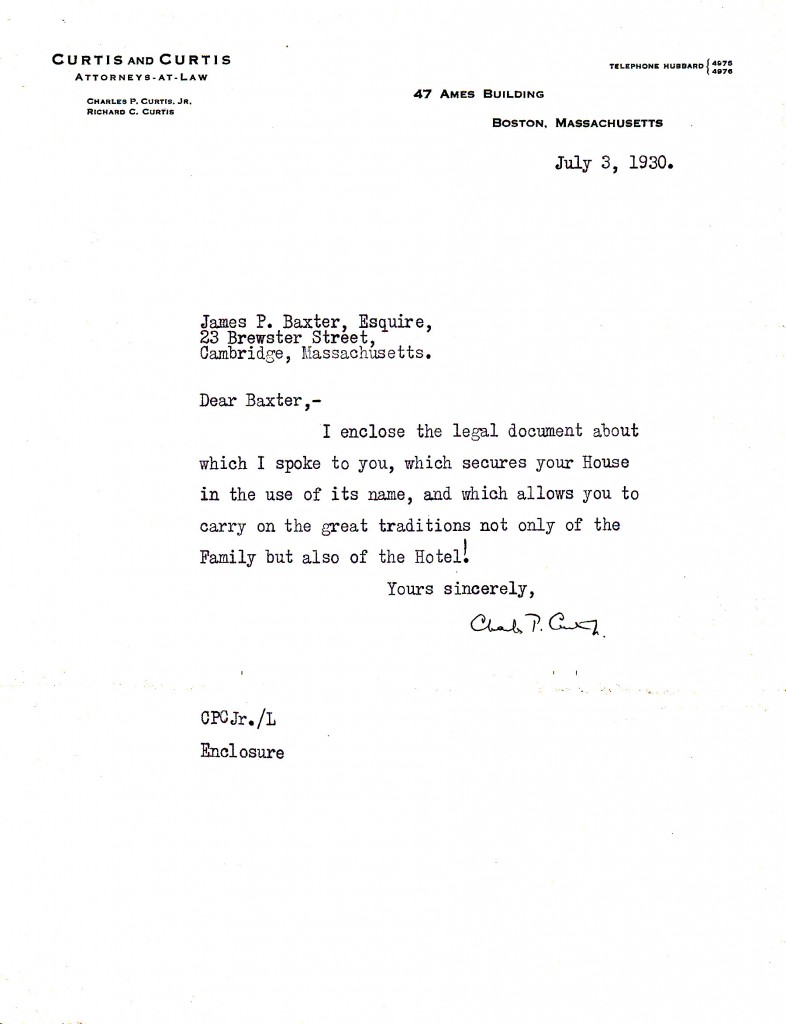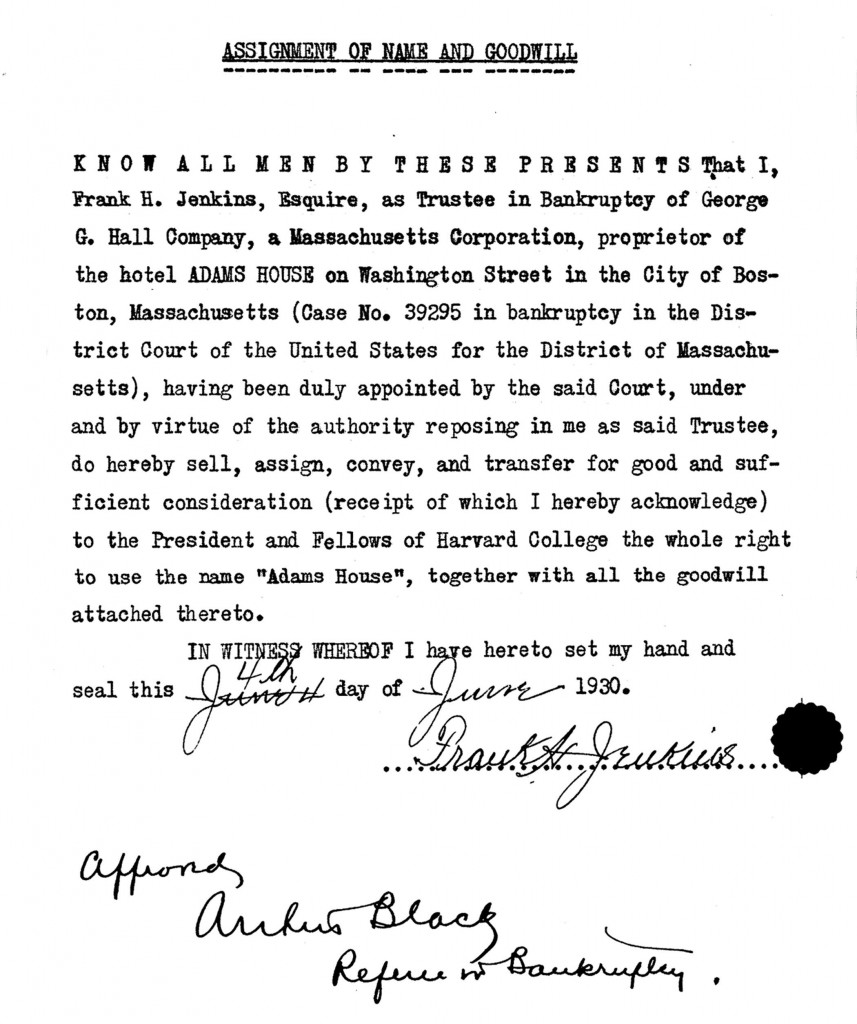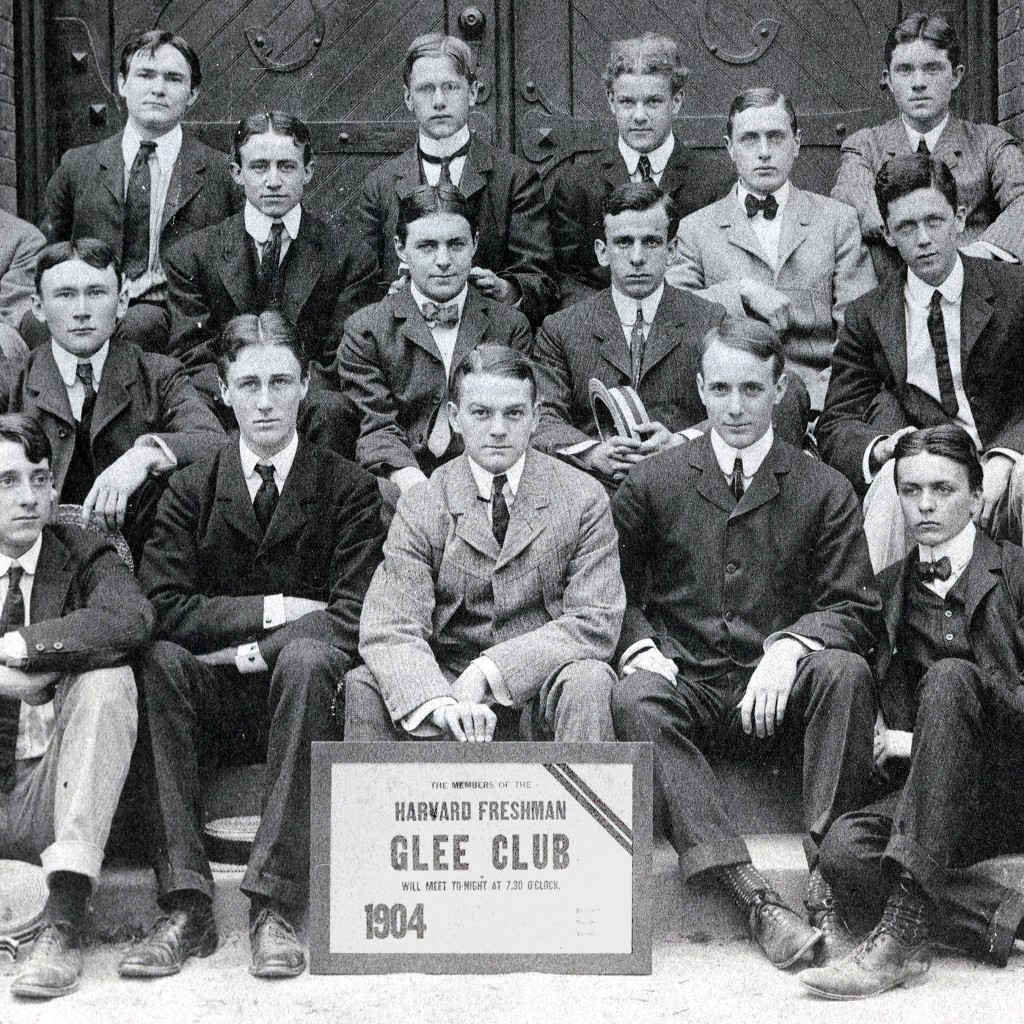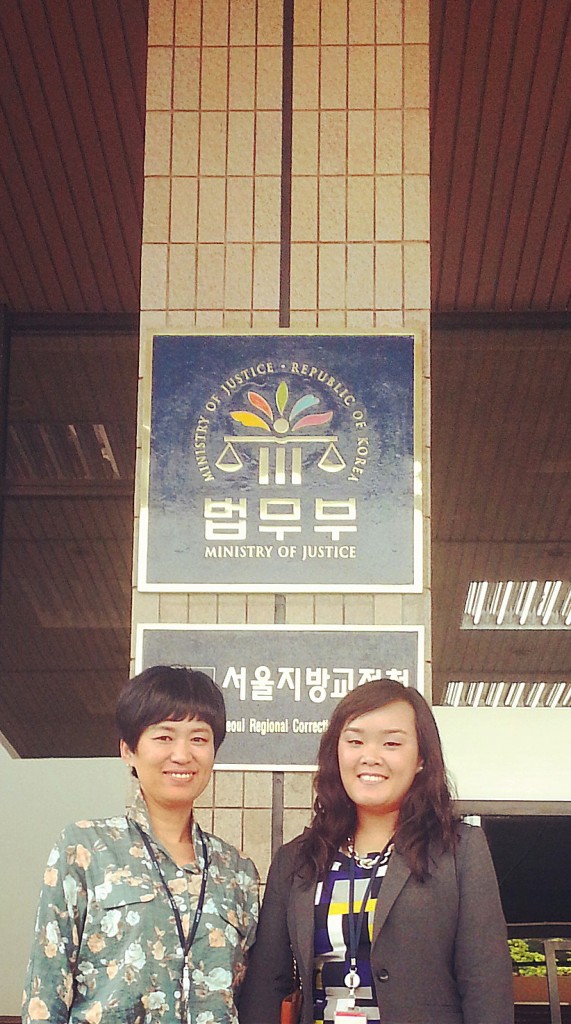Adams House and the FDR Foundation are delighted to announce the 2015 FDR Global Fellows:
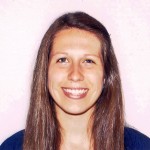 Teresa Oszkinis ’16 of Leverett House and West Islip, New York, will be traveling to Rwanda to participate in the Engineering World Health Summer Institute, a unique program that will allow her to combine her passions for biomedical engineering and global health. According to a 2013 article in the Atlantic Monthly, “Across Sub-Saharan Africa, ‘medical device graveyards’ litter the empty closets and spare corners of hospitals. The World Health Organization estimates that ‘a large proportion (up to 70 percent) of equipment lies idle’ — without anyone to maintain or repair it. Teresa’s summer program directly addresses this urgent need. As part of the Summer Institute, Teresa will live with a local Rwandan family while receiving language training as well as gaining hands-on experience working in hospitals and clinics with scarce resources. Afterwards, she will be assigned to a local hospital or clinic to put her training to use in repairing the medical equipment needed to support critical health care in Rwanda.
Teresa Oszkinis ’16 of Leverett House and West Islip, New York, will be traveling to Rwanda to participate in the Engineering World Health Summer Institute, a unique program that will allow her to combine her passions for biomedical engineering and global health. According to a 2013 article in the Atlantic Monthly, “Across Sub-Saharan Africa, ‘medical device graveyards’ litter the empty closets and spare corners of hospitals. The World Health Organization estimates that ‘a large proportion (up to 70 percent) of equipment lies idle’ — without anyone to maintain or repair it. Teresa’s summer program directly addresses this urgent need. As part of the Summer Institute, Teresa will live with a local Rwandan family while receiving language training as well as gaining hands-on experience working in hospitals and clinics with scarce resources. Afterwards, she will be assigned to a local hospital or clinic to put her training to use in repairing the medical equipment needed to support critical health care in Rwanda.
A junior concentrating in biomedical engineering with a secondary in global health and health policy, Teresa serves as president of Students Taking on Poverty, is a board member for the Foundation for the International Medical Relief of Children, volunteers at a local homeless shelter and manages to find time to row for the Varsity Crew — all the while maintaining a near perfect GPA. As a Pre-Med student with a strong interest in global health and social medicine, Teresa is passionate about promoting health as a human right and addressing the root causes of the health disparities that plague our modern world.
Teresa’s program was chosen by the Fellowship Advisory Board for a 7K award as it perfectly corresponds to FDR’s firm belief that “that the only way to have a friend is to be one,” and completes our preference for proposals that not only provide an educational experience for the participant, but also produce some “quantifiable public good.” Additionally, Teresa will be named the 2015 Lillian Goldman scholar in recognition of her work towards the advancement of women’s causes globally.
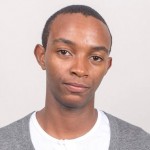 Kelvin Muriuki ’17 of Leverett House and Nyeri, Kenya, will be traveling to Paris this summer to investigate how the principles of biological evolution can help understand and solve the problems that plague modern-day cities. During his 8-week intensive Harvard Summer School Program, Kelvin will explore evolutionary parallels between major urban centers and human beings with an eye to designing specific projects that not only improve the quality of life in urban centers but also engage urban residents in comprehensively understanding and actively solving the issues that affect their cities.
Kelvin Muriuki ’17 of Leverett House and Nyeri, Kenya, will be traveling to Paris this summer to investigate how the principles of biological evolution can help understand and solve the problems that plague modern-day cities. During his 8-week intensive Harvard Summer School Program, Kelvin will explore evolutionary parallels between major urban centers and human beings with an eye to designing specific projects that not only improve the quality of life in urban centers but also engage urban residents in comprehensively understanding and actively solving the issues that affect their cities.
A sophomore concentrating in Human Developmental and Regenerative Biology, Kelvin is passionate about genetics, specifically its application in the understanding and treatment of non-communicable diseases like cancer which exert a heavy death toll in his native Kenya, and often go ignored. He is also fascinated by cities, their development, the complex web of social relations they foster, and the lifestyle changes they command. Having spent a significant part of his life in Nairobi, Kelvin particularly identifies with the problems and health consequences that urbanization necessarily produces. Kelvin has served both as a college counselor and a teacher for high school students in Kenya, and plans to pursue an MD-PhD after graduation with an eye to a career in the bio-tech industry.
Kelvin’s proposal was chosen for a 5K award because the Fellowship Advisory Board strongly feels that all too often today’s students are locked into pre-professional programs that limit their knowledge base to prescribed courses and methods of thinking. This unique program of evolutionary science and urban planning immediately urges students to think outside the box, and dovetails with our belief that the widest possible skill set — embracing both the humanities and sciences — will be required to solve the problems of the 21st century.

